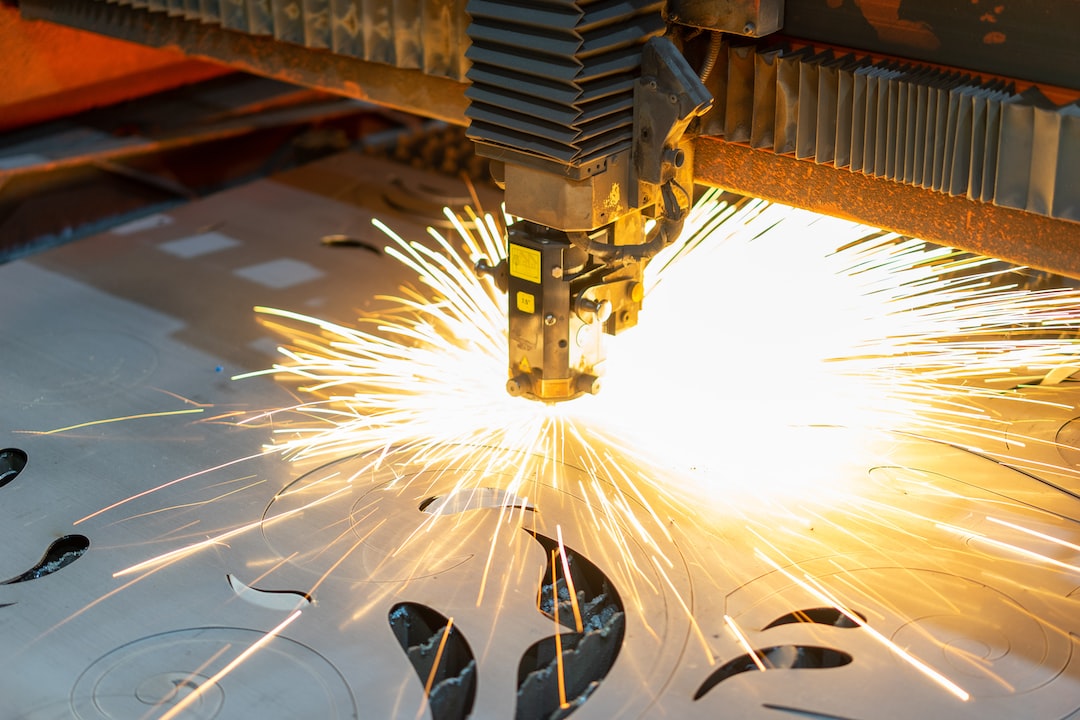The Importance of Sustainable Packaging in Manufacturing and Distribution
In recent years, there has been a growing awareness and concern about the impact of packaging on the environment. With the rise of e-commerce and the increasing amount of products being shipped worldwide, packaging has become a major contributor to the global waste problem. This has led to a shift in focus towards sustainable packaging in both manufacturing and distribution.
Sustainable packaging refers to the use of materials and design techniques that minimize the environmental impact of packaging throughout its lifecycle. It aims to reduce waste generation, conserve resources, and promote the use of renewable materials. The importance of sustainable packaging in manufacturing and distribution cannot be overstated, as it has numerous benefits for both businesses and the environment.
One of the key reasons why sustainable packaging is important is its potential to reduce waste generation. Traditional packaging methods often involve the use of non-recyclable materials such as plastic, which can take hundreds of years to decompose in landfills. By opting for sustainable packaging materials, such as biodegradable or recyclable alternatives, businesses can significantly reduce the amount of waste generated from their products.
Furthermore, sustainable packaging can also help conserve resources. Many packaging materials, such as paper and plastic, are made from non-renewable resources like fossil fuels and trees. By using sustainable materials, such as recycled paper or plant-based plastics, manufacturers and distributors can help reduce the strain on these limited resources, ensuring their availability for future generations.
In addition to waste reduction and resource conservation, sustainable packaging also has a positive impact on brand reputation. In today’s socially conscious marketplace, consumers are increasingly favoring brands that prioritize sustainability. By adopting sustainable packaging practices, businesses can attract environmentally-minded consumers and differentiate themselves from their competitors. This can lead to increased customer loyalty and profitability in the long run.
Moreover, sustainable packaging can also contribute to cost savings for businesses. While some may argue that sustainable materials are more expensive upfront, they often offer long-term savings through reduced waste disposal costs and the potential for reusing or recycling materials. Additionally, sustainable packaging can also lead to operational efficiencies, such as improved inventory management and reduced shipping costs due to lighter and more compact packaging.
Beyond the benefits to businesses, sustainable packaging plays a crucial role in preserving the environment. The use of non-recyclable packaging materials contributes to deforestation, soil degradation, and pollution. Plastic packaging, in particular, poses a significant threat to marine life when it ends up in oceans and waterways. By using sustainable packaging, manufacturers and distributors can help reduce their carbon footprint and minimize their impact on the environment.
To promote the use of sustainable packaging in manufacturing and distribution, governments and regulatory bodies can play a vital role. They can introduce policies and regulations that encourage businesses to adopt sustainable packaging practices, such as offering tax incentives for the use of renewable materials or imposing stricter guidelines on packaging waste. Additionally, industry associations and organizations can collaborate with businesses to develop best practices and standards for sustainable packaging.
In conclusion, the importance of sustainable packaging in manufacturing and distribution cannot be overlooked. It offers numerous benefits, including waste reduction, resource conservation, improved brand reputation, cost savings, and environmental preservation. By adopting sustainable packaging practices, businesses can align themselves with the growing consumer demand for environmentally-friendly products and contribute to a greener future. Furthermore, collaborations between businesses, governments, and industry associations are crucial in driving the widespread adoption of sustainable packaging practices.

